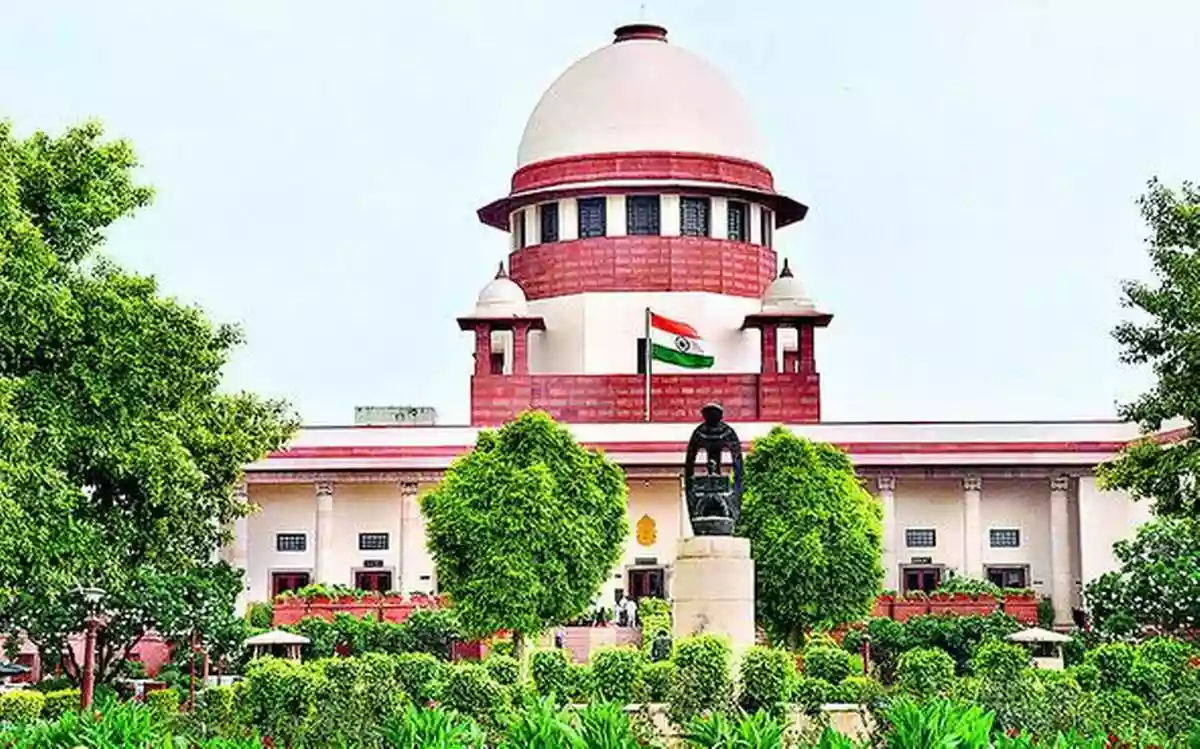.gif)
.gif)

The Supreme Court, on Tuesday, reached a decision to reserve its order pertaining to a series of petitions challenging the abrogation of Article 370 and the subsequent bifurcation of the former state of Jammu and Kashmir into two Union territories. This significant decision came after a rigorous 16-day period during which a five-judge Constitution bench comprising Chief Justice of India DY Chandrachud, justices Sanjay Kishan Kaul, Sanjiv Khanna, BR Gavai, and Surya Kant heard extensive arguments on the matter.
In a notable development, the apex court also granted an opportunity for lawyers representing both the petitioners and respondents to file written submissions within the next three days. The court specified that these written submissions should be concise, not exceeding two pages.
The Central government had revoked Jammu and Kashmir's special status, as granted under Article 370, on August 5, 2019. This decision has since been a subject of intense legal scrutiny and debate.
In a prior session on Monday, the Supreme Court expressed significant reservations regarding the arguments presented by the petitioners challenging the abrogation of Jammu and Kashmir's special status. The court emphasized that Article 370, after the dissolution of the J&K Constituent Assembly in 1957, has become unamendable and said, "We cannot carve a position for Article 370 which is higher than the basic structure".